9 GPTs for Narrative Therapy Powered by AI for Free of 2026
AI GPTs for Narrative Therapy are advanced tools based on Generative Pre-trained Transformers technology, designed to assist in the practice of narrative therapy. These tools utilize AI to process and understand natural language, enabling them to assist therapists and clients in exploring personal stories in ways that promote healing and growth. By leveraging AI, these tools offer personalized responses and insights, facilitating deeper engagement with the narrative therapy process. Their relevance lies in their ability to provide innovative solutions for therapy sessions, making them adaptable for a wide range of tasks related to mental health and personal development.
Top 9 GPTs for Narrative Therapy are: Story Post Generator,psy_movie,LifeStoryGPT,情感文章起名,情感故事GPT,My Life History,ポジ日記変換マイGPT (PosiDiary Transformer MyGPT),LA HISTORIA QUE NECESITAS CONTAR,Life Story Shaper
Story Post Generator
Craft Your Story, Powered by AI
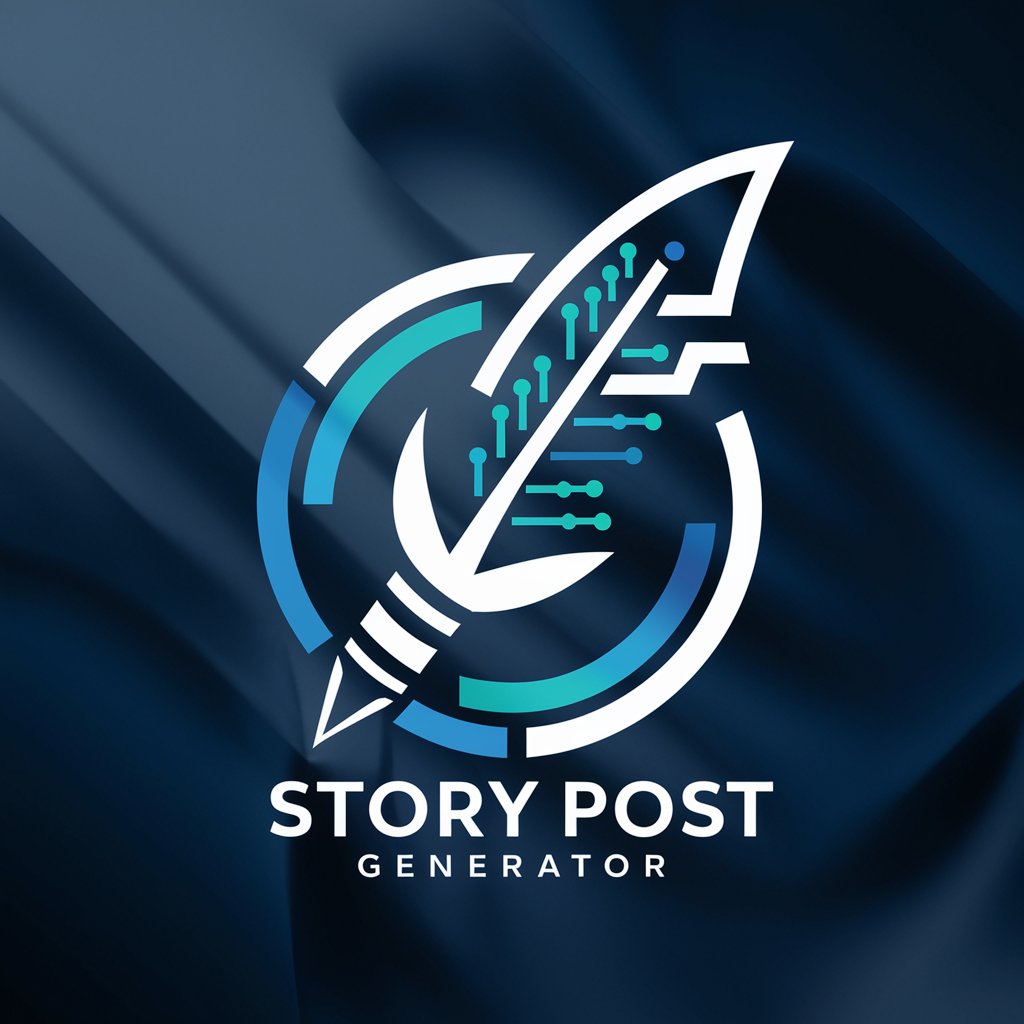
psy_movie
Empower Therapy with Cinematic Insights
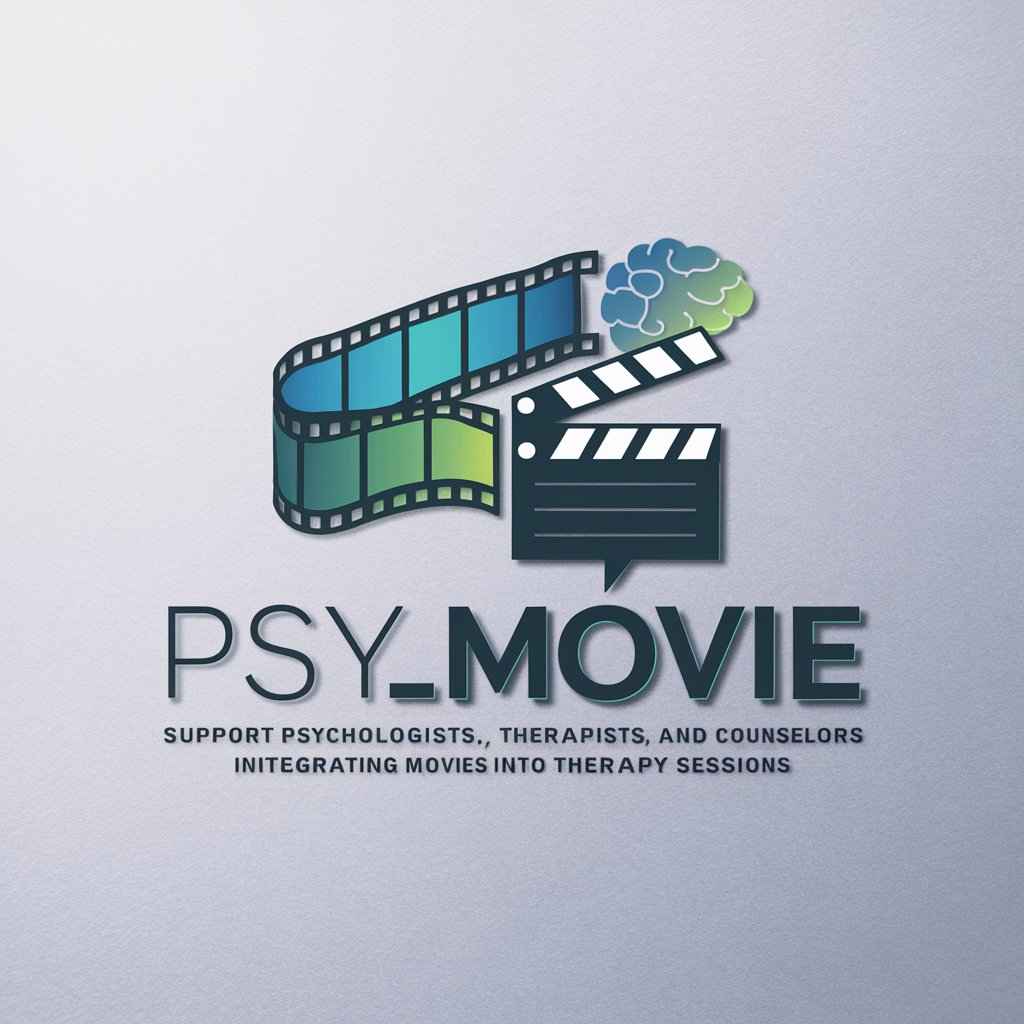
LifeStoryGPT
Crafting Your Story with AI
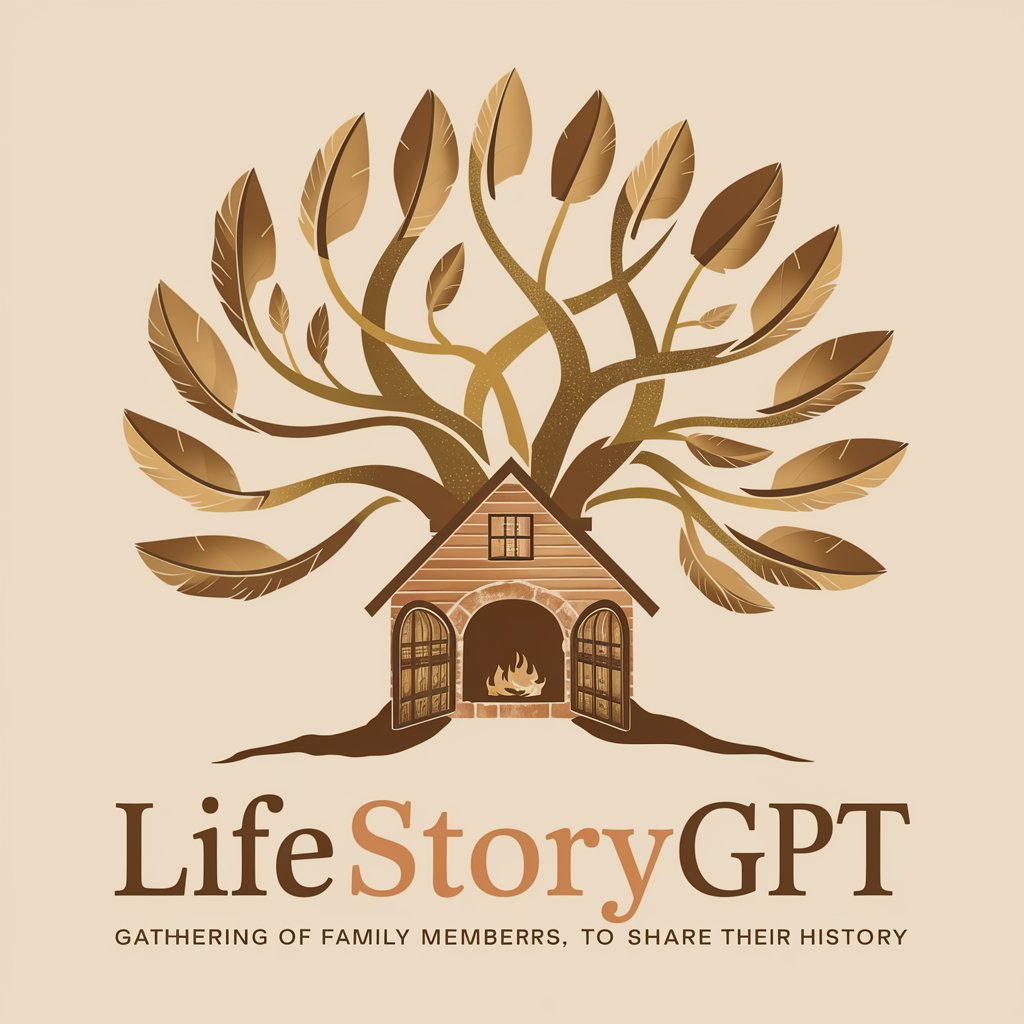
情感文章起名
Power your prose with AI-driven emotion
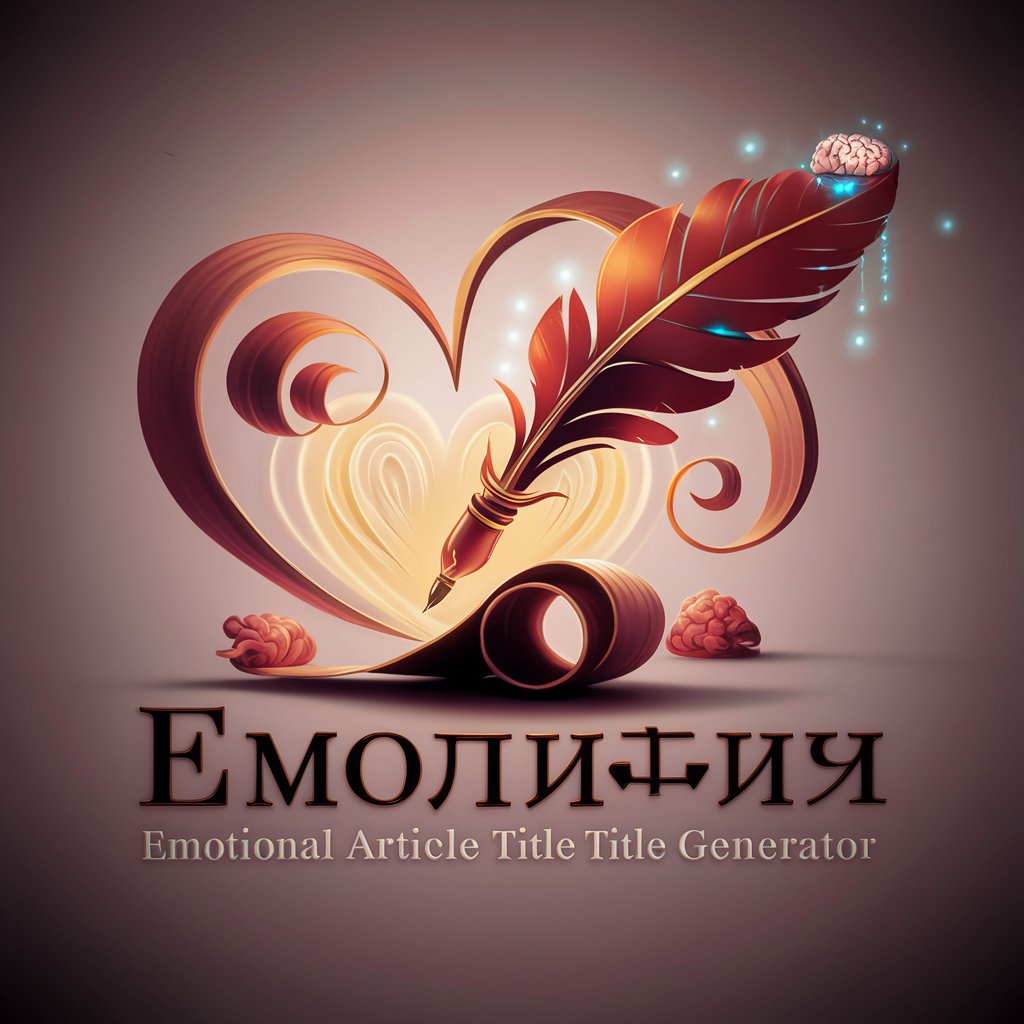
情感故事GPT
Crafting Stories, Powering Emotions
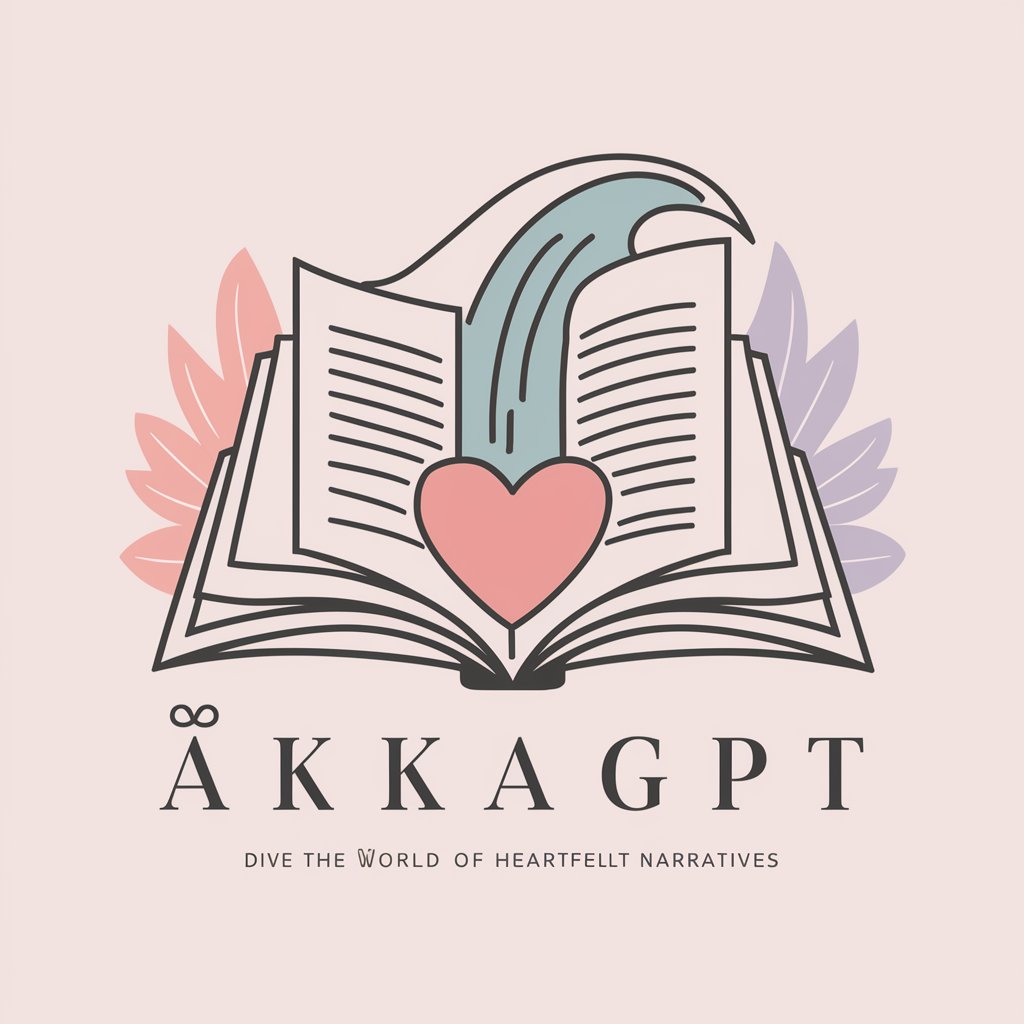
My Life History
Rediscover Your Story, AI-Enhanced

ポジ日記変換マイGPT (PosiDiary Transformer MyGPT)
Transforming days into positive stories

LA HISTORIA QUE NECESITAS CONTAR
Crafting Personal Narratives, Powered by AI

Life Story Shaper
Craft Your Story, Transform Your Life

Key Characteristics and Functions
AI GPTs tools for Narrative Therapy boast a range of unique features, including natural language processing, adaptive response generation, and personalized feedback mechanisms. They can simulate therapeutic conversations, analyze text for themes and patterns relevant to clients' narratives, and suggest therapeutic interventions. Advanced capabilities include multilingual support, integration with technical platforms for seamless therapy sessions, and the ability to generate therapeutic content, such as prompts or stories. Their adaptability ranges from simple interactive chats to complex therapy session analyses, making them versatile tools in the narrative therapy field.
Who Benefits from Narrative Therapy AI?
The primary beneficiaries of AI GPTs for Narrative Therapy include therapists, counselors, and mental health professionals seeking innovative tools to enhance their practice. Additionally, individuals interested in self-help or personal development can access these tools for personal exploration and growth. The technology is accessible to novices without coding skills, thanks to user-friendly interfaces, while offering customization options for developers and professionals with programming expertise, enabling tailored therapy solutions.
Try Our other AI GPTs tools for Free
Authorship Authentication
Discover how AI GPTs are transforming Authorship Authentication, offering unparalleled accuracy and adaptability in verifying the authenticity of written content.
Thesis Translation
Discover the power of AI GPTs for Thesis Translation, designed to accurately translate academic theses while preserving original meaning and technical precision.
Conference Presentation
Discover AI GPTs for Conference Presentations: Transform your public speaking with AI-powered content generation, slide design, and audience engagement.
Essay Enhancement
Discover how AI GPTs for Essay Enhancement can transform your writing process with advanced tools designed for generating, editing, and improving essays across all topics and styles.
Language Improvement
Discover how AI GPTs for Language Improvement can transform your language skills with personalized learning, writing assistance, and comprehensive language tools.
Academic Consultation
Explore AI GPT tools tailored for Academic Consultation, designed to automate research, enhance learning, and provide customized academic support.
Expanding Therapeutic Horizons with AI
AI GPTs for Narrative Therapy represent a significant advancement in the intersection of technology and mental health. Their ability to provide customized, interactive experiences offers a new dimension to therapy, enhancing engagement and facilitating personal insight. The flexibility and adaptability of these tools make them a valuable asset for integrating into existing therapeutic practices or developing new approaches to mental health and personal development.
Frequently Asked Questions
What exactly are AI GPTs for Narrative Therapy?
AI GPTs for Narrative Therapy are artificial intelligence tools designed to support the therapeutic process by analyzing and generating text in the context of narrative therapy. They use natural language understanding and generation to facilitate therapeutic conversations and interventions.
How do AI GPTs enhance narrative therapy sessions?
These tools enhance narrative therapy by providing real-time, personalized responses and insights, helping therapists and clients uncover deeper meanings in their narratives and explore different perspectives.
Can AI GPTs be used without prior programming knowledge?
Yes, AI GPTs for Narrative Therapy are designed with user-friendly interfaces that require no prior programming knowledge, making them accessible to therapists, clients, and anyone interested in narrative therapy.
Are there customization options available for professionals?
Yes, professionals with programming skills can customize these tools to suit specific therapeutic needs or integrate them with existing systems for enhanced functionality.
Do these tools support multiple languages?
Many AI GPTs for Narrative Therapy offer multilingual support, enabling therapy sessions in various languages, thereby broadening their accessibility and use.
How do AI GPTs maintain client confidentiality?
AI GPTs for Narrative Therapy are designed with privacy and confidentiality in mind, employing secure data processing and storage practices to protect sensitive information.
Can these tools replace human therapists?
While AI GPTs for Narrative Therapy provide valuable support, they are not intended to replace human therapists. Instead, they serve as complementary tools that enhance the therapeutic process.
Are there any limitations to using AI GPTs in therapy?
The effectiveness of AI GPTs in therapy may vary depending on individual preferences and the complexity of the issues being addressed. It's important to use them as part of a broader therapeutic strategy rather than standalone solutions.